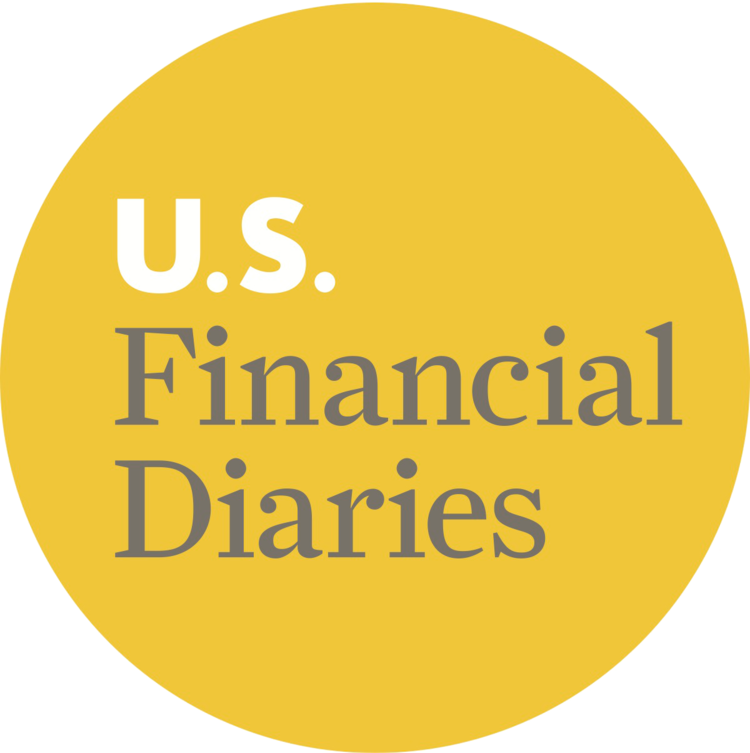Last week the New York Times highlighted a trend among low-income communities: people seeking tax prep at unregulated, sometimes fraudulent, pop-up shops. The article explains, "for millions of low-income Americans tax season means the biggest one-time influx of money all year." When preparers hand these customers a lump sum much larger than they're used to seeing on a daily basis, many filers don't think to check the numbers...
Read MoreWhat's New
- November 2017 (1)
- June 2017 (1)
- April 2016 (1)
- October 2015 (1)
- September 2015 (3)
- August 2015 (4)
- July 2015 (1)
- June 2015 (3)
- April 2015 (2)
- March 2015 (3)
- February 2015 (2)
- January 2015 (3)
- December 2014 (5)
- November 2014 (1)
- October 2014 (7)
- September 2014 (2)
- July 2014 (2)
- June 2014 (1)
- April 2014 (3)
- March 2014 (1)
- February 2014 (2)
- January 2014 (1)
- November 2013 (1)
- October 2013 (1)
- January 2013 (1)
- July 2012 (1)
- May 2011 (1)
- California (1)
- New York (1)
- Retirement (1)
- Savings (1)
- bills (1)
- budget (1)
- credit score (1)
- earned income tax credit (1)
- emergency savings (1)
- government (1)
- immigration (1)
- infographic (1)
- jobs (1)
- mobile money (1)
- payments (1)
- regulation (1)
- repayment (1)
- scheduling (1)
- technology (1)
- banks (2)
- employment (2)
- family (2)
- financial literacy (2)
- overdraft (2)
- publication (2)
- taxes (2)
- video (2)
- consumer protection (3)
- credit cards (3)
- financial inclusion (3)
- household profile (3)
- income (3)
- near poor (3)
- policy (3)
- savings (3)
- savings groups (3)
- data (4)
- financial services (4)
- methodology (4)
- fees (5)
- issue brief (5)
- payday loan (5)
- unbanked (5)
- credit (6)
- poverty (6)
- underbanked (6)
- informal finance (7)
- research (7)
- income volatility (15)
Not For Free
Two weeks ago I attended a Payments Bootcamp put on by Glenbrook Partners (a 2-day class they hold several times a year) to learn more about how the payments industry works behind the scenes. There is a lot to learn. Two days allows more than just scratching the surface, but not much more. While the class is focused on the payments infrastructure in the United States particularly, the material illuminates the evolution of mobile money and digital payments in the developing world...
Read MoreThe Price of (Dis)Trust
No consumer likes overdraft fees. Overdraft fees are often unexpected, expensive, and in some cases undeserved. What’s more, they can wreak financial havoc on households living on a low-income.
But the larger issue is not the fees themselves. It’s the lack of transparency surrounding them and the widespread consumer distrust that results...
Read MoreOverdraft as a Product, not a Penalty?
The Taylors overdraft their checking account every two weeks, on purpose.
As described in a recent issue brief published by the U.S. Financial Diaries, the Taylor family’s income level varies significantly from month to month. Sometimes it’s not enough to cover all of their expenses. So, they opened an account at a bank with a simple overdraft fee structure: One $35 charge per overdraft, no daily fees, and an allowance of up to $500 at a time. Since the Taylors typically make only one large cash withdrawal per paycheck – the entire amount of pay – this bank would charge them at most one $35 overdraft fee each cycle, if they happen to need more cash than the amount of that week’s direct deposit...
Read MoreWhen You Need $128 to Have No Money
“Wow, the consumer knows about that?”
This was essentially how a banker responded when I told him the story of a woman I interviewed for the US Financial Diaries study. The participant – we’ll call her Jenna – was charged four $32 overdraft fees in the same day ($128 total, if you’re counting). Jenna explained to me that if her bank had processed her transactions in the order she had made them, there would only have been one charge. Instead, the bank posted her largest purchase first, which was enough to take her account balance below $0...


